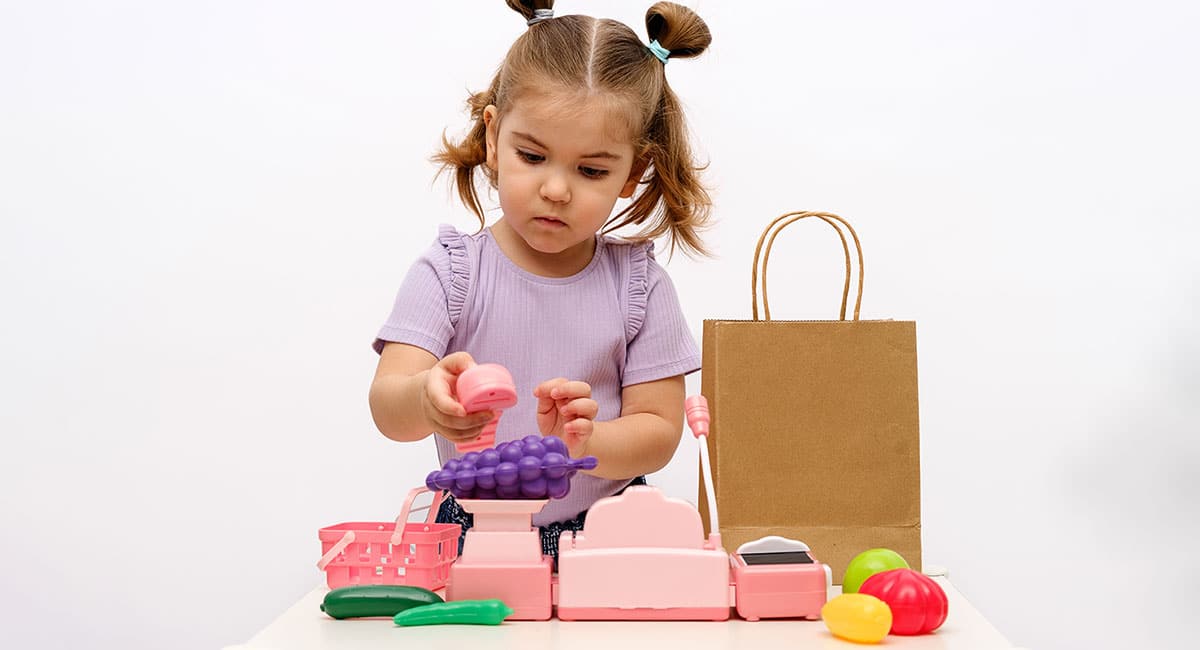Toddlerhood is hard. It is hard for us, as parents, to deal with the overwhelming changes, demands, comprehension and limit testing of our little people. It is hard for them too: separation anxiety, increased mobility, increased language (but not quite enough to communicate exactly what they want), and a flood of emotions that they, themselves, don’t understand. All this can conspire to create some pretty rough sleep regression.
At 12 months, Bub can be going along sleeping beautifully for months and then WHAM the ‘12-month regression’ hits. The increased comprehension and physical mobility makes it hard for them to switch off. Fighting naps is common, fighting bedtime is common and an increase in the stamina and intensity that naturally comes with turning into a toddler can throw us off. The important thing at this age is not to panic and not to change approach just because bub has turned it up a notch.
All this refusal to sleep at nap time, can make it tempting to go to one nap prematurely. The symptoms are often the same as a one nap transition, yet not. Confusing, I know! Stick with the two naps (shortening the first to 30-45 minutes if you need to in order to get the 2nd nap in, as sleep requirements slightly reduce at this age) and your little person will come through. If they need extra support during this tricky time, that is fine. An extra-long wind down prior to sleep is helpful but try not to skip naps, this will lead to night wakes and a 5am start to your day due to overtiredness.
Night waking from 2-3am is also common at this age, often including playing around and having a party. The best strategy, so long as bub is happy, is to ignore this. Going in and engaging at 3am teaches your little person that 3am is play time. Leave them be—they are just working on their skills while it’s quiet. This will pass once they’ve mastered walking, or those new words they’ve been trying to say.
15-18 months
This period can be a tough time too, with the genuine transition to 1 nap happening at this time, along with a bout of separation anxiety. More words but not enough can mean massive tantrums. Serious FOMO at bedtime is common. Some signs to look out of for in the lead up to transitioning to one nap are: refusal of nap 2 even when nap 1 is cut short, early morning waking, refusal of nap 1 even when taken in the car, and fighting bedtime. Only when most of these signs are present should you make the transition. Your little person needs bucket loads of empathy here but also strong boundaries around sleep, if you don’t want the wheels to fall off completely. They are totally aware and understand cause and effect. (i.e. I throw my drink bottle out of the cot, Mum comes in and replaces in = fun game). So, stick to your limits but be compassionate as this time can be tricky. Extra comfort may be needed, it may be reasonable to linger in the doorway at sleep time or spend longer winding down before bedtime while they go through this regression period.
20-24 months
This can be the time where some parents are thinking about transition to a “big bed”. However, I like to save this transition to at least 2.5 years unless they are climbing out of the cot. A child is not usually emotionally ready for the independence that a big bed brings until this age. Transitioning early tends to make existing sleep issues worse and the novelty of staying in bed wears off within 3-12 weeks. Returning a 22-month-old to bed endlessly when they don’t understand why you are doing it is exhausting. Wait until their comprehension is better at a later age, if you can. A sleeping bag in the cot can help deter little climbers from leaving their cot.
At this age we also see a bit of bedtime stalling. There is lots of information in their little minds and they can’t switch off. One more book, one more drink, one more hug, can turn into 5 and a very late bedtime as a result. Again, stay firm on your boundaries for the benefit of your little one. A visual bedtime routine chart can be helpful, even at this young age. It gives a sense of control (because 2 year olds are all about controlling their environment and autonomy) but also helps prevent power struggles, because you can detail in the routine their book, drink, cuddle and song, and your little one can help check off each activity as you go through the pre-bed routine. It is a simple but effective way of reducing bedtime battles.
Try to make sure bedtime falls no later than 4.5-5 hours from the end of their nap. If your toddler is having an early nap, you may need to push it back to avoid having a 5pm bedtime. Audio relaxation (such as Dinosnores) can help an active mind switch off. Fear of the dark is common, so a low watt red or amber night light can help here.
If you are still getting night wakes as a toddler, irrespective of the regressions I’ve spoken about, it is likely that there are some sleep association issues at play. Your toddler can absolutely developmentally sleep 10-12 hours overnight (providing diet is adequate, they are developmentally on track and there are no medical issues). So, if you are still getting night wakes and would like some help to resolve them, please reach out. We can work out a plan that you are comfortable implementing and provide daily support as you make changes.
Claire Andersen – Bubbasleep
Claire offers professional, supportive, non-judgemental help with sleep associations, routines, naps, night waking, early waking and more. With many years’ experience working one-on-one with families, she evaluates each situation on a case-by-case basis to get to the bottom of why your little one isn’t sleeping and works with you to restore sleep to your household.




